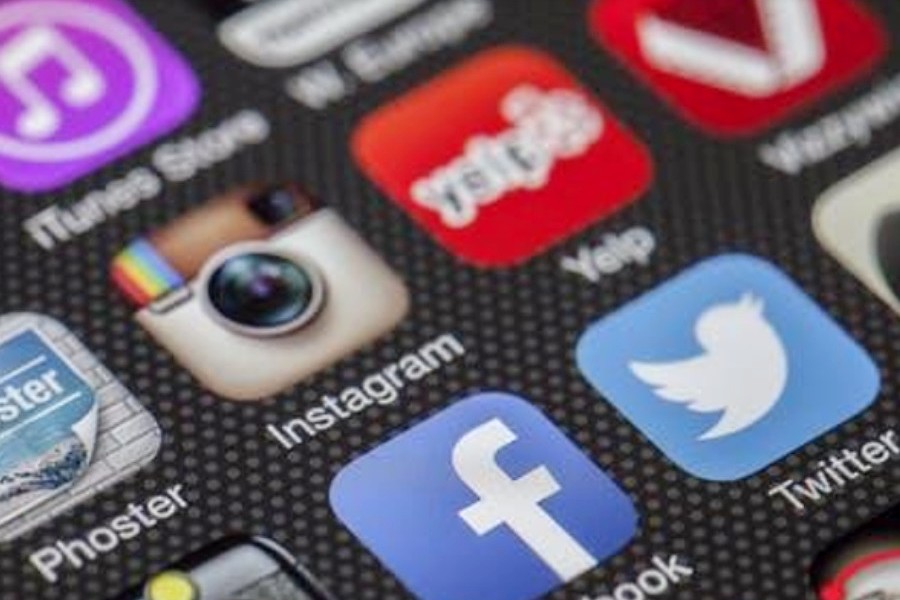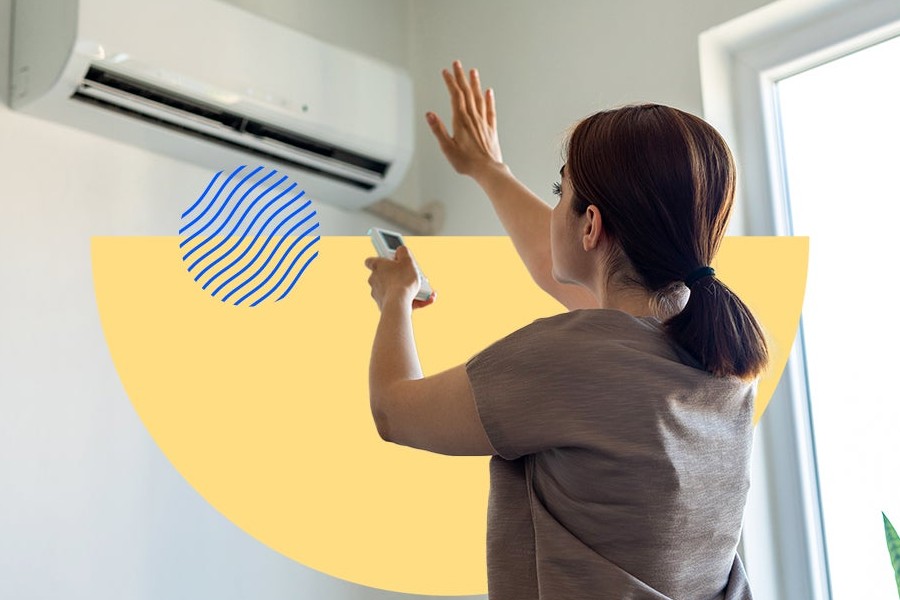
Among the various mental health conditions affecting Americans, anxiety is the most common.
Statistics by the National Institute of Health show that as many as 31.1 percent of US adults are struggling with an anxiety disorder at some point in their lives. And that’s just the rate of diagnosed anxiety disorders. Records by the American Psychological Association show that rates of anxiety and depression have increased greatly since 2020 and are almost 4 times higher than rates in 2019.
The growing rate of anxiety is no coincidence and has a lot to do with its relationship with social media. Large-scale surveys show that social media usage is consistently on the rise, which is contributing to the increase in feelings of anxiety. Consequently, it’s crucial to come up with techniques to reduce these feelings. So, here are a few effective tips.
Log In With a Purpose
One of the first things that you can do is to avoid the urge to check Instagram or Twitter whenever you have a spare moment. Before you log into your account, think about why you’re doing it. By having a specific goal every time you access one of your social media accounts, you take back control from the algorithm. Your goal can be as simple as wanting to check up on your friends or sharing an update on a major life event.
Turn Off Your Notifications
A practical tip involves turning off notifications from distracting applications so that you’re bombarded with multiple updates. These notifications trigger a response that shuts off the prefrontal cortex – the most evolved part of the brain responsible for high-order cognitive functions. Unfortunately, it’s also most susceptible to the effects of stress.
As a result, you feel distracted from what you’re doing at the moment, whether it’s working, eating, or interacting with others. A better approach is to stick to a specific schedule of checking your social media. One study shows that a reduction in the rate at which people receive notifications proved beneficial for alleviating mental strain.
Ask Yourself How You Feel After Scrolling
It’s common to find yourself caught up in a dangerous loop of mindless scrolling, and studies show that it’s dangerous for mental health. It’s why inpatient treatment facilities like URP Behavioral Health try limiting clients’ access to social media and screens. But why is this the case? When you’re infinitely scrolling through social media, you fail to stop and process what you’re seeing.
Although it’s easy to slip into an hour-long scrolling session, it can leave you with numerous unaddressed feelings. So, remember to take a moment and determine how you feel when you stop scrolling. Ask yourself, ‘Do I feel better or worse?’ Whichever one it is, you need to think about what made you feel that way in particular.
If you start noticing that it makes you feel worse, then it’s time to change your strategy, and there are two suggestions. The first is to take a complete break from social media, and the other one takes a little more work.
Check Who You’re Following
Take a second to check in with yourself after you’ve scrolled on social media. If it makes you feel anxious, then try to think of what you saw that may have made you feel that way. Maybe it’s an account you follow or a certain hashtag.
And if you can’t narrow it down, run down through the list of accounts you follow and think about the content it shares. Does it make you happy? Does it inspire you? Or make you feel good about yourself? If the answers are ‘no,’ then perhaps it’s time to unfollow them. And if you can’t do that, try putting their account on mute.
Put a Limit on Your Daily Usage
One of the more obvious tips is to put a limit on your social media exposure. But for this to work, you should realize that your anxiety stems from using social media. Applications like Facebook and Instagram allow users to manage how much time they spend on the platform. For instance, you can set up a daily limit of 30 minutes and ask the platform to notify you when you’ve exceeded the daily limit. Additionally, you can set up reminders that let you know when you’ve been scrolling for ten minutes.
Of course, this method doesn’t always work because it simply imposes a soft limit, which you can bypass with a single click. Another option is to use an application to block social media platforms. Some of these work by blocking your access, while others will require you to enter a password to access social media sites.
See a Professional Therapist
Additionally, you can benefit from seeking professional help. Therapy is an effective way to build coping skills and learn to manage anxiety and negative feelings. During a session, your therapist will speak to you about how you’re feeling and recommend strategies to deconstruct those feelings to improve your sense of well-being.
For example, if you feel anxious after scrolling on social media, they’ll recommend other positive activities that you can try to reduce social media usage. Or, they can use approaches like cognitive behavioral therapy to identify your anxious and unhelpful thoughts. By changing these thoughts, you can develop a more balanced relationship with social media platforms.
Are You Connecting or Consuming?
Finally, you need to ask a major question about your social media use: do you use it to consume content or connect with people? If you’re consuming more and connecting less, it can negatively affect how you’re feeling. Make it a goal to use social media to connect with a friend each day instead of scrolling and consuming content. It channels your energy toward fostering healthy connections, which is crucial to alleviate stress.
Conclusion
Social media can be useful when you have control over how you use it. But if using these platforms only makes you anxious, trying the above-mentioned tips can help. They limit your exposure and encourage you to think consciously about your habits. And while setting a specific schedule, unfollowing certain accounts, and turning off notifications are a few ways to tackle the problem, you can always speak with a professional to get the care you need.
- How To Choose The Right Corporate Travel Management Provider For Your Business?
- How Having A Dog Can Enhance Your Overall Mental Health
- 10 Tips To Maximize Your Air Conditioner’s Efficiency
- New Gear For Fall On The Rise For You And Your Harlem Home
- NYIC Launches ‘New York Proud’ Public Art Campaign Celebrating Immigrant Stories Across NYC
Become a Harlem Insider!
By submitting this form, you are consenting to receive marketing emails from: Harlem World Magazine, 2521 1/2 west 42nd street, Los Angeles, CA, 90008, https://www.harlemworldmagazine.com. You can revoke your consent to receive emails at any time by using the SafeUnsubscribe® link, found at the bottom of every email. Emails are serviced by Constant Contact









